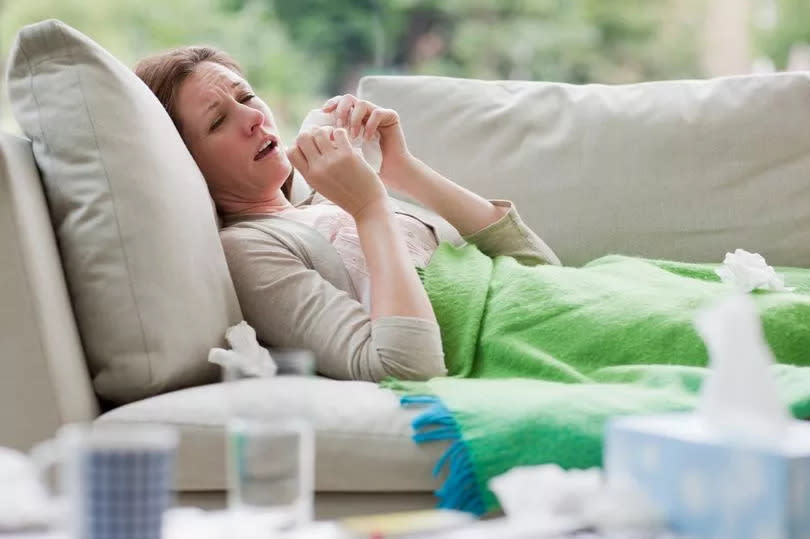Latest Covid rules and if you need to isolate as summer cases rise across UK - what NHS says

A warning has been issued over a new Covid variant and a spike in cases across the UK - here are the latest rules for anyone who is ill with the infection.
According to recent data, Covid rates are higher in Newcastle than almost anywhere else in the country. The variant KP.3 emerged in early April and belongs to a new group of Covid-19 variants, known collectively as FLiRT, which now make up a large proportion of cases.
New figures from the UKHSA show hospital admissions rose by 24% in the week to Sunday, from a rate of 2.67 people per 100,000 to 3.31 per 100,000. Separate local authority area figures show that Newcastle now has the second-highest rate of Covid infections in the country.
During the week ending June 19 there were 14.08 infections for every 100,000 of the population. That figure has rocketed since the previous week when there were just 2.84 cases per 100,000.
Only Carlisle in Cumbria (16.33 per 100,000) has a higher rate of Covid infections. Rates were also high in Gateshead, with 11.22 infections per 100,000, the 13th highest rate in England.
So what are the rules for anyone who has Covid symptoms? Previously, people who tested positive had to isolate, with parents and carers told to keep children off school, and employees having to ring in sick. However, there are currently no Covid-19 restrictions in the UK, reports the Liverpool Echo.
Government guidance states: "If you have Covid-19 you should try to stay at home. Most people cannot get free Covid-19 tests. You can buy tests in shops but you cannot report the result to the NHS."
The NHS adds: "Try to stay at home and avoid contact with other people if you or your child have symptoms and either:
have a high temperature
do not feel well enough to go to work, school, childcare, or do your normal activities
"You can go back to your normal activities when you feel better or do not have a high temperature. If your child has mild symptoms such as a runny nose, sore throat or mild cough, and they feel well enough, they can go to school or childcare."

 Yahoo News
Yahoo News 
